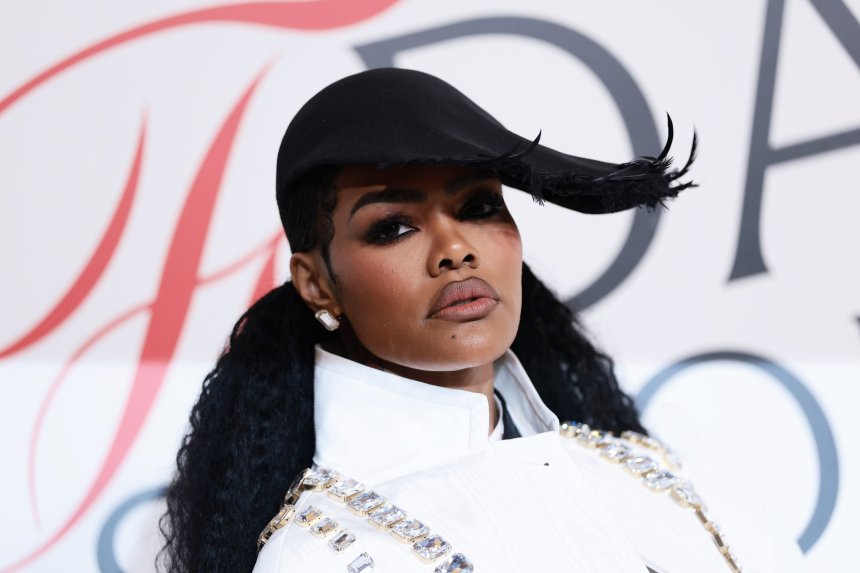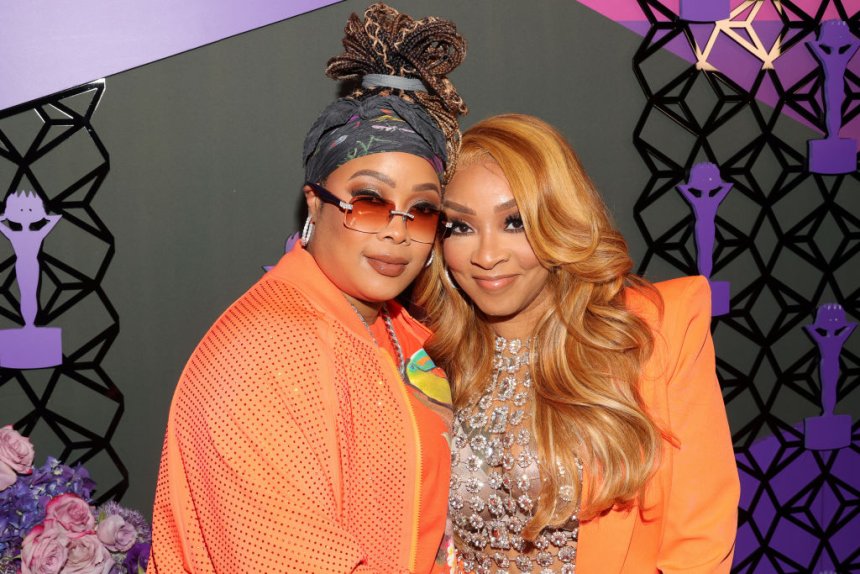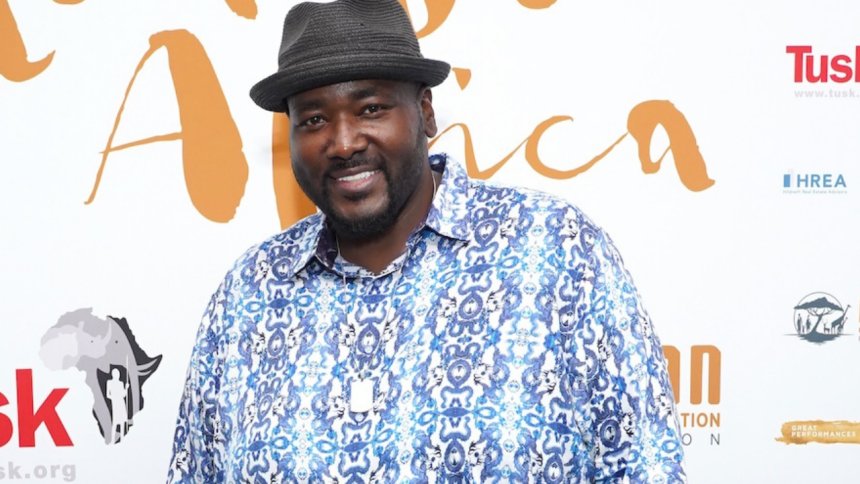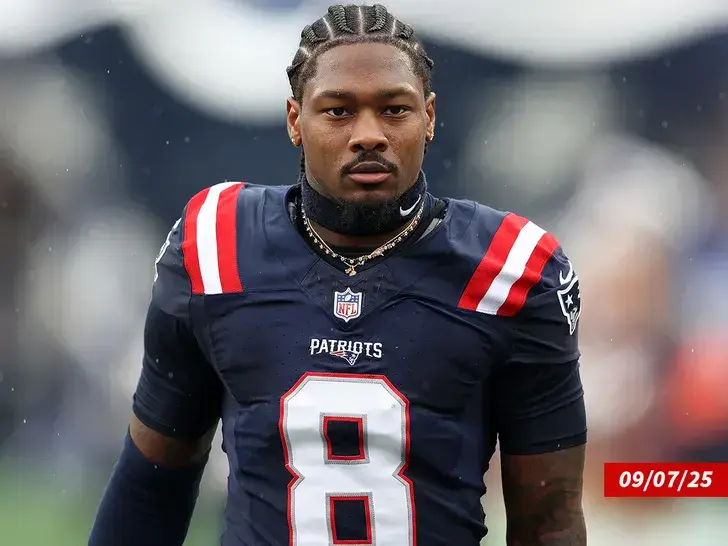‘Is that not what Black women go through?’ Teyana Taylor on the mixed reactions to her character in One Battle After Another
Teyana Taylor says her role in ‘One Battle After Another’ wasn’t accidental — it was a mirror to the ways

Teyana Taylor says her role in ‘One Battle After Another’ wasn’t accidental — it was a mirror to the ways Black women are viewed in real life.
If you felt uncomfortable watching Teyana Taylor’s character interact with Leonardo DiCaprio and Sean Penn in ‘One Battle After Another,’ it turns out that was kind of the point.
The action thriller, which has received a wave of buzz from viewers online and in the entertainment industry, follows a former revolutionary who is forced back into action to protect his daughter. In the film, Taylor plays Perfidia, a member of the “French 75” fictional revolutionary group who is in a relationship with DiCaprio’s character Bob Ferguson, but also forms an intimate relationship with his nemesis Steven Lockjaw, played by Penn.
Throughout the film, viewers witness Perfidia, whom Taylor describes as a “complex woman,” use her sexuality and seduction to her advantage. However, they also witness her be sexualized by two white men, one of whom is written to be a neo-Nazi.
Since its release, audiences have flagged everything from confusion and frustration to outright disgust over what many consider the hypersexualization of Taylor’s character. In an interview with The Hollywood Reporter, Taylor addressed the criticism with a simple but powerful question: “Is that not what Black women go through?”
“We are fetishized, especially by creepy motherfuckers. And we are, unfortunately, the least protected people,” she continued, addressing the criticism. “Showing what Black women go through, that’s a hard reality to accept. And this movie should spark debate, I always knew it would, because sometimes you just got to shake the table.”
And it has certainly shaken the table across social media; viewers have gone back and forth debating the intention behind Pefidia’s promiscuous attitude.
“I love Teyana Taylor and she was brilliant in A Thousand and One. The hypersexualization of her character in One Battle After Another was almost impossible to watch. I hate that for her, I hate that for us,” one user wrote on Threads.
Mmm I get what she’s saying, but I think it would have been more impactful to show that the men in her life viewed her in a hyper sexual manner, but then show that she wasn’t actually that way irl.
That’s what Black women experience, being sexualized when that’s not even what…— AsToldByCocoa (@ATBCocoa) November 5, 2025
Another added: “As a Black woman, an activist, and a mother, One Battle After Another can go to hell. I love Teyana Taylor and Regina Hall but I left the theater feeling so utterly disrespected. That shit was not satire and I am completely uninterested in hearing any white person’s take on the movie.”
While some users voiced their ambivalence to Perfidia’s sexuality, others criticized Paul Thomas Anderson, the film’s director and writer, for his creative choices surrounding Taylor’s character.
“My real issue is if a director really wanted to push the envelope and make an edgy film, they would explore the factual race kink white American men have had for black women from the black women’s perspective,” one user noted. “Teyana would’ve been perfect as a heroine fighting this horrible tradition in the antebellum South. Instead, One Battle After Another explores race kink from the fantasy perspective of a frat boy.”
Another Threads user shared: “One Battle After Another has definitely got some things going for it (it’s wildly entertaining and the performances are top-notch). But it also makes clear why Anderson rarely centers Black women in his films. The white male characters portrayed by DiCaprio and Penn are more prominent, realized, and developed than those played by Taylor and Hall, whom the director can’t seem to get a handle on and leans on stereotypes before disappearing them altogether in the film.”
Now, the wave of discourse surrounding Perfidia’s physicality and even Taylor’s comments about her character are arguably also a reflection of Black women’s experiences because no matter what we do, someone always has something to say about it.
Oh to be a Black woman…
Share
What's Your Reaction?
 Like
0
Like
0
 Dislike
0
Dislike
0
 Love
0
Love
0
 Funny
0
Funny
0
 Angry
0
Angry
0
 Sad
0
Sad
0
 Wow
0
Wow
0
















